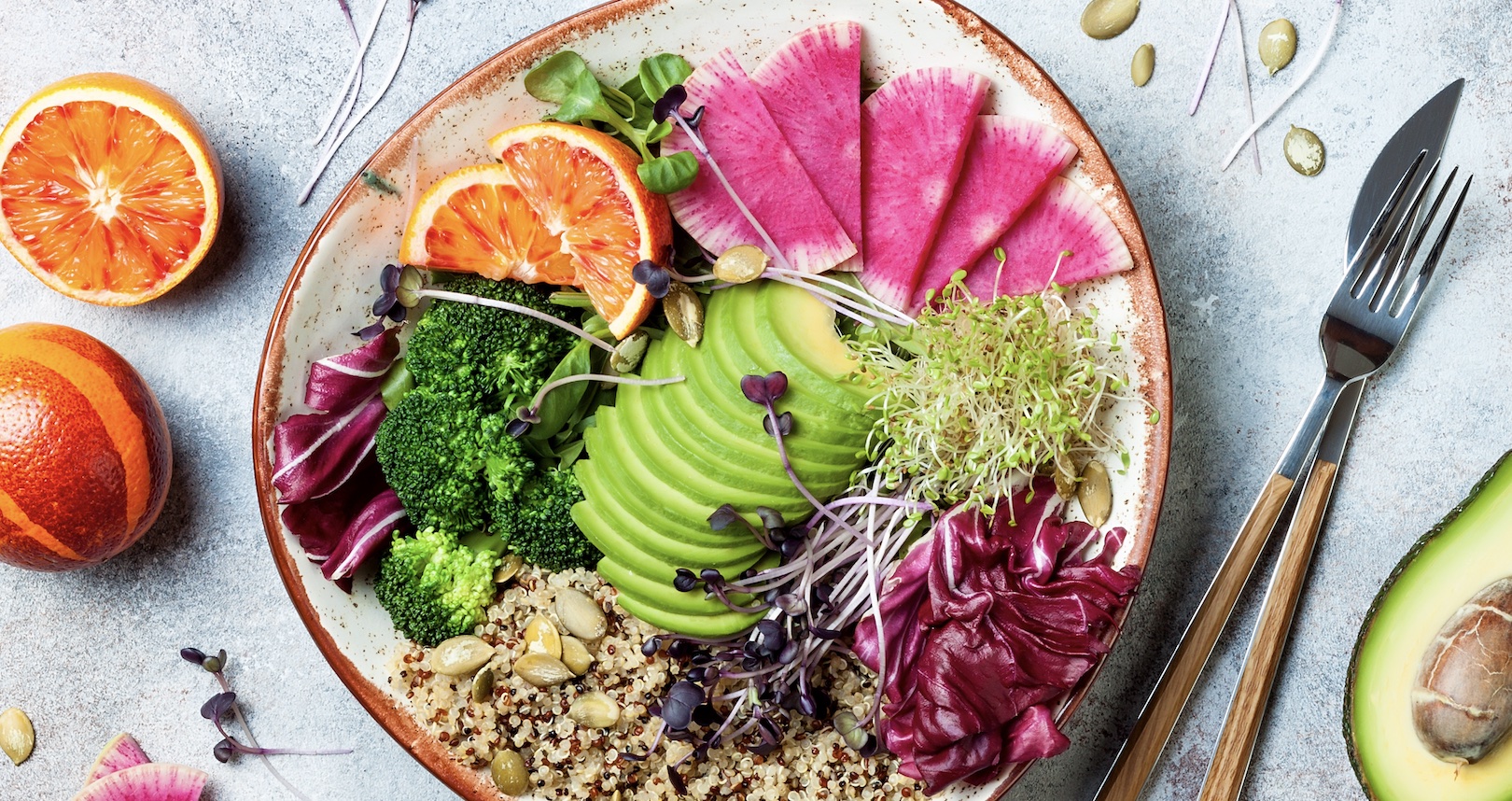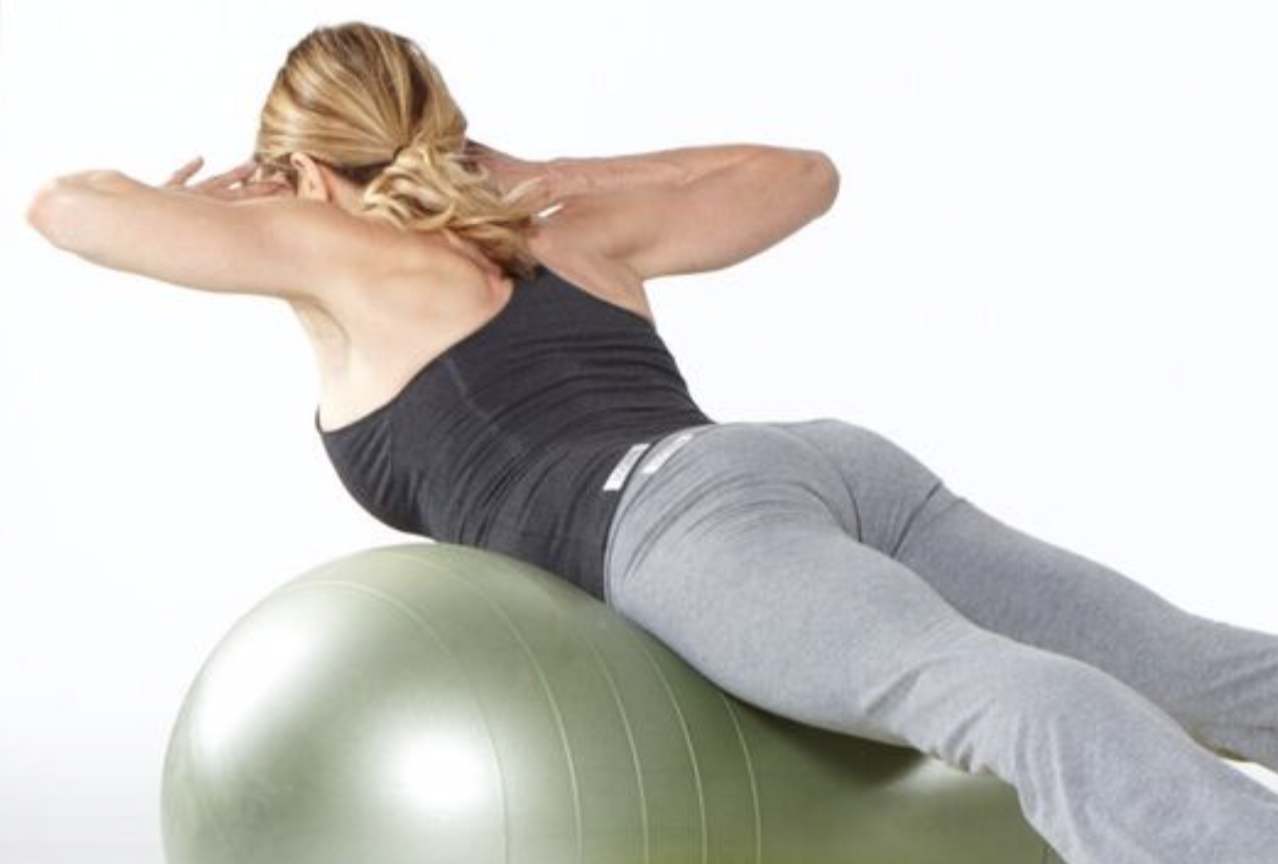7 Ways To Transition

TO PLANT-BASED EATING
A powerful way to improve your health, boost your energy and prevent chronic diseases is to transition to a more plant-based style of eating. Research has proven over and over again that optimizing your nutrition is a powerful way to improve your healthspan, take care of the environment, and reduce your risks of illness.
A whole food, plant-based lifestyle allows you to nourish your body by focusing on natural, minimally-processed meals centered around vegetables, fruits, nuts, seeds, whole grains, spices and herbs.
It’s based on a simple principle…
Whole Food… Natural foods that are unrefined (or minimally refined)
Plant-Based… Food from plants instead of animal sources (meat, eggs or milk)
Transitioning to more plant-based eating can be easy! You can start by experimenting with replacing the meat in your favorite soup with lentils or beans… or make a stir fry where the veggies are the star of the show instead of using meat.
Here are 7 simple strategies to help you gradually shift to more whole food plant-based eating…
- One. Meal. At. A.Time. Begin with the end in mind, but remember that successful change comes over time, in small bites, with a healthy diet of small victories that become habits. You will get there. And it’s more likely you will reach your goal when you focus on the meal in front of you. Maybe for you one plant-based meal a week is a great place to start. Then gradually step it up. Approach each meal as an opportunity.
- Cut it out. Plant-based eating is not just about adding plants to your diet. It’s also about replacing or eliminating foods that don’t serve our bodies. A successful approach for many is to identify a food to eliminate and step it up from there. For example, if your diet is heavy with processed foods, consider eliminating them first, then move on to replacing meats — over time. Nothing breeds success like success. See number 1.
- Out of sight, out of mind. If it’s not in your kitchen or pantry, chances are you won’t resort to breaking your plant-centric habits. In other words, remove the foods from your domain that you know don’t fit into your plant-based recipes. Fill your house with the ingredients for healthful, plant-strong eating.
- Plan for plants. Plan your meals ahead of time – the operative idea here being “ahead of time”. When we plan ahead, we’re less likely to buy on impulse foods that don’t serve us. By putting thought into meals and snacks ahead of time, we get one giant step closer to eating plant-based meals and snacks. And, as healthy by-products, we save money and waste less.
- The whole in whole foods. Ever wonder why they’re called ‘whole foods’? One meaning of the word ‘whole’ is complete. Think: whole foods are complete. As is. Nothing added — nothing taken away. It so happens, our bodies need and respond well to a diet rich in whole foods. Eat more whole foods to become whole.
- Adapt your favorites. With a little tweaking, most traditional recipes can be adapted to plant-based alternatives. For example, beans and lentils make great meat substitutes, and there are loads of plant-based milk alternatives available – oat, soy, rice, almond, flax, hemp. Unsweetened is ideal.
- Human-based support for a plant-based transition. Some things require that we go them alone. Luckily for us, making the transition to a plant-strong life isn’t one of them. Committing to wholesome, plant-based eating offers great opportunities to dine with or seek support from like-minded souls. Surround yourself with humans that will cheer you on at the table or from across the plant-filled planet. My private Facebook group with over 50,000 like-minded individuals is a great place to start. Join us at Facebook.com/groups/KathySmithFitOver40
Remember that food isn’t everything. Whatever your reason for adopting a plant-based diet, changing the way you eat probably isn’t the only thing that’s going to influence it. Stress and non-ideal habits can impact your health, your fitness, or the size of your carbon footprint. Meditating and exercising even 5 to 10 min a day can greatly reduce stress and clear the mind and heart.





